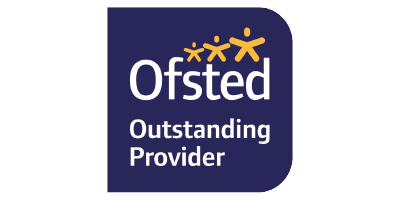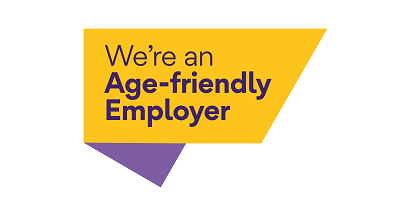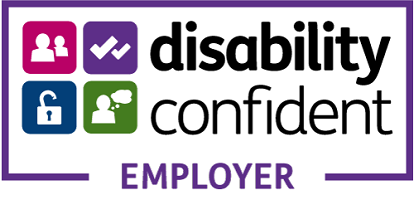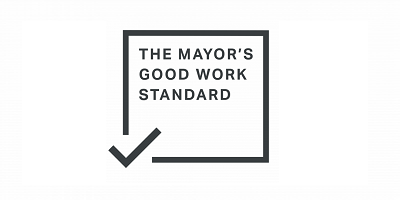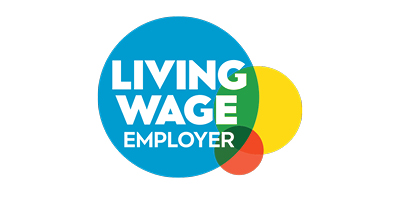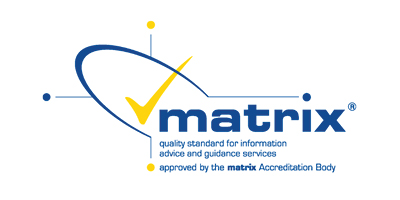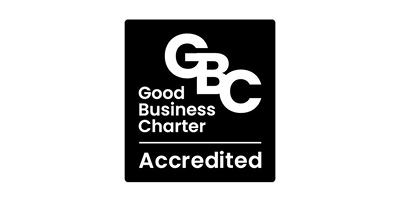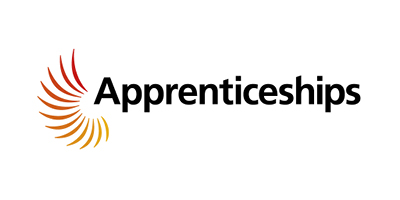This course is based in our motor vehicle workshop at the West Thames College Skills + Logistics Centre in Feltham. You will learn theoretical and practical aspects of the essential knowledge and skills required in today's motor vehicle repair industry. You will also learn about health and safety in the workplace and other skills needed to work in a garage.
-
About the Course
The course combines both practical and theory sessions.
You will study:
- Tyres, brakes, steering and suspension systems fault diagnosis and routine maintenance: tyre wear patterns that indicate faults in other systems; types and routine maintenance for wheel bearings; faults in braking and suspension systems; operating principles and routine maintenance for power steering systems.
- Engine fault diagnosis and routine maintenance: faults for spark ignition and diesel engines, mechanical, cooling and internal heating and air filtration systems; adjustment methods for fuel injected and carburettor systems, diesel injection systems; operation and common faults for electronic and conventional ignition systems.
- Transmission fault diagnosis and routine maintenance: common faults in final drives and drive shaft systems; operating principles and routine maintenance for automatic and manual transmission and clutch systems.
- Electrical and electronic systems fault diagnosis and routine maintenance: common faults and testing methods for battery charging, starting, and auxiliary systems.
- Health and safety: ensure your own actions reduce risks in the automotive environment.
-
Entry Requirements
Applicants should have either two or more GCSEs at grade D/grade 3 or above, a completed Level 1 qualification, or relevant experience (for mature applicants). If you need advice before you apply, please call 020 8326 2020 or email This email address is being protected from spambots. You need JavaScript enabled to view it..
-
Progression
An advanced apprenticeship, Level 3 qualification or work in the industry.
-
Assessment Method
Your knowledge and skills will be assessed using a combination of methods which include:
- practical assessments in a motor vehicle workshop environment
- written knowledge assessments
- assignments
- online multiple-choice testing.


